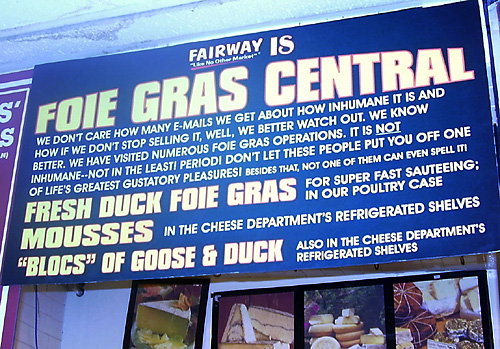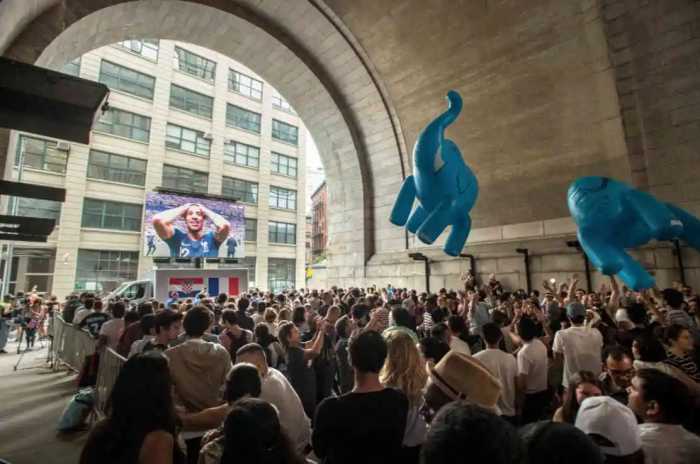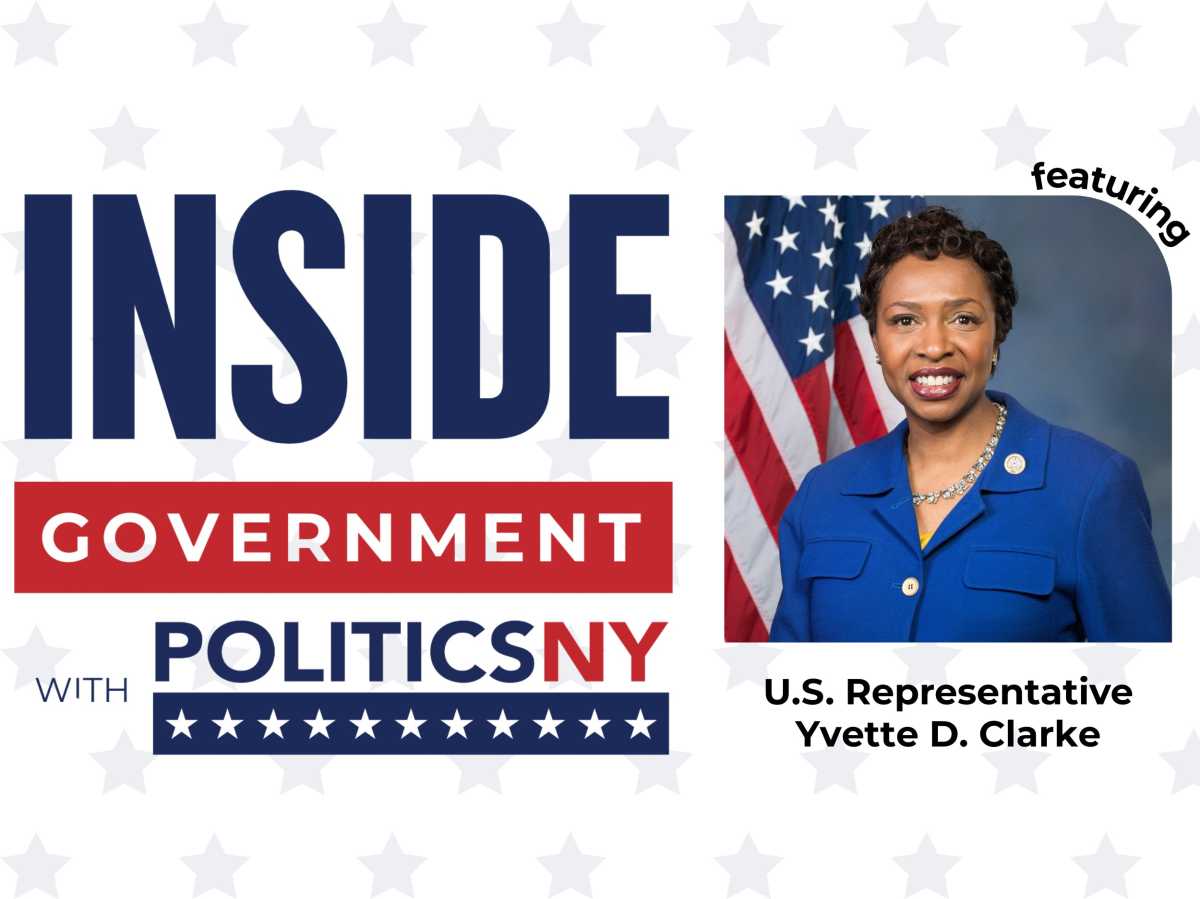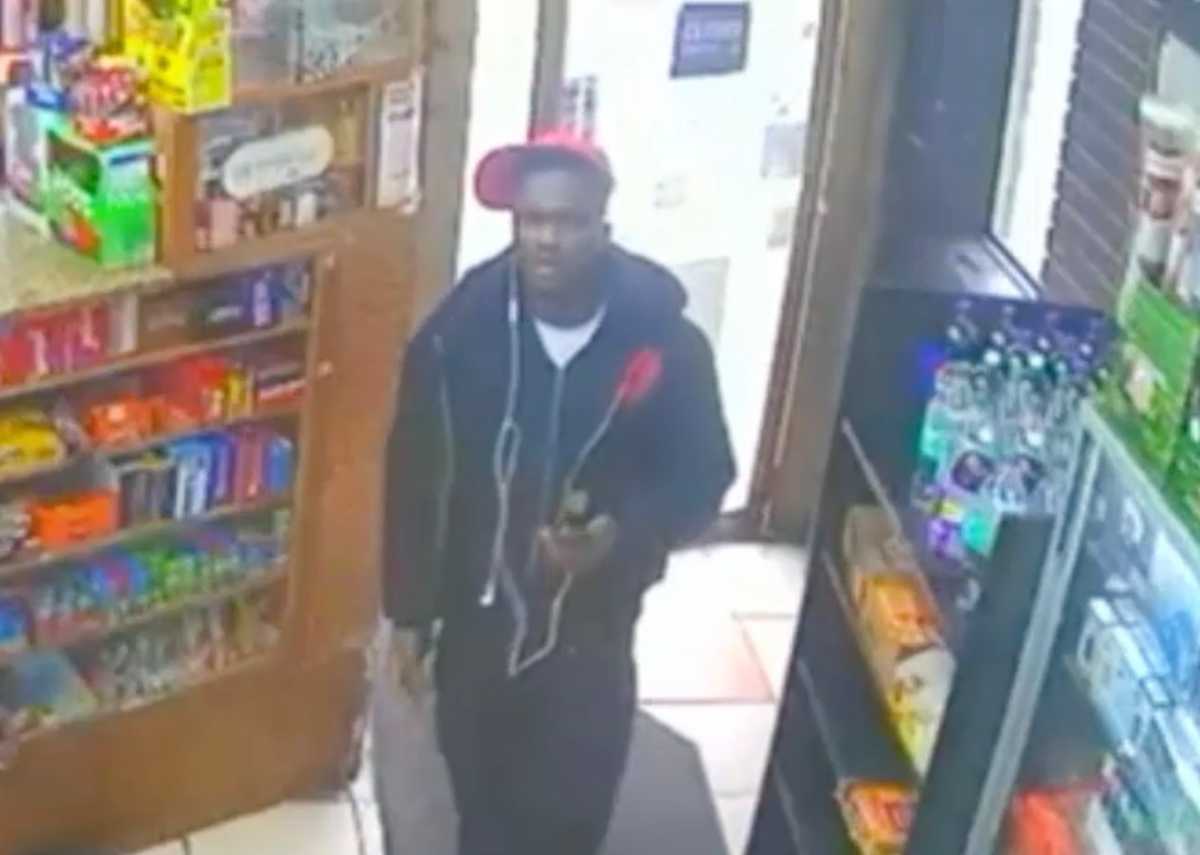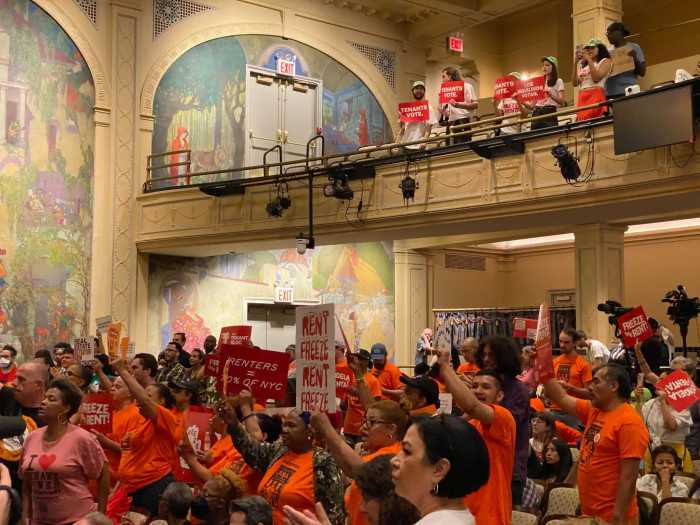Animal-rights activists have mounted a campaign against Fairway to pressure Red Hook’s epicurean market to stop selling one of its trademark delicacies: foie gras.
“A lot of our people live in Brooklyn,” said Gene Baur, the president of Farm Sanctuary, an animal-rights group. “They shop at Fairway because they want food that is humane and sustainable. Foie gras is anything but.”
The controversy began last month at Fairway’s Upper West Side store when a member of the group noticed a sign cheering the duck liver spread, which is considered inhumane by the activists because the birds are force-fed.
“We don’t care how many emails we get about how inhumane it is,” the sign proclaimed. “We know better.”
Foie gras, which is French for fatty liver, is not only “not inhumane,” but one of “life’s greatest gustatory pleasures,” the sign concluded.
But its appeal to gustatory guiltlessness backfired, inspiring a petition by the activists.
Within a few days of the petition drive, the store’s management admitted defeat, and removed the signs from all their locations, describing the text as an “anomaly.”
Fairway spokesman Bruce Bobben said the store was sorry for appearing insensitive during the foie gras faux pas — but asserted the grocer’s right to sell the fat-filled treat.
“There is a consumer demand,” he said, “and our customers expect that Fairway will have what they want.
“That is why Fairway is a legend, for its unparalled variety.”
Even the activists agree with Bobben’s last point, arguing that such diversity makes the store suitable for a foie gras boycott.
“I’m a vegan and I shop at Fairway because there very few stores that sell as many vegan and vegetarian products,” said Mia MacDonald, a Carroll Gardens resident and Farm Sanctuary member.
“It’s hard for me that they also sell a product that requires force-feeding ducks in a very cruel way.
“Some products,” MacDonald added, “should be beyond consumer choice because of the ethics involved.” She plans to send a letter and a petition to the Red Hook Fairway within the next week.
Farm Sanctuary is a large and well-funded group with hundreds of members in Brooklyn. The Fairway campaign is the first battle in its much larger war to stop the production and sale of the delectable duck pate.
“First, we plan to encourage businesses to stop selling it,” said Baur, “and eventually, pass legislation that bans it completely.”
This year, the group kick-started its “NYC No Foie Gras” campaign, opening an office in Manhattan and hiring a full-time development coordinator.
The organization has seen success with such campaigns before, lobbying for bans that became law in 2004 in California, and last year, in Chicago.
Now, Windy City chefs who serve the silken spread face a $500 fine. And in 2012, the liver product will be completely outlawed in the Golden State thanks to once-hedonistic Gov. Schwarzenegger.
After the Chicago City Council banned the cracker-topper last April, a few members of New York’s City Council stepped forward with similar proposals.
Those resolutions never moved forward. But Mayor Bloomberg’s creation of a food policy tsar for the city, and his crackdown on trans-fats and whole milk in school cafeterias, has led some to wonder if “Mayor Nanny” will back a ban on foie gras, which, putting aside the question of duck cruelty, is certainly not a health food.
Shoppers who breezed past Fairway’s half dozen foie-gras options on their way to the organic cheese were similarly confused.
“I know it’s supposed to be gross,” said Jonathan Weinstein. “But so are lots of things. I’m not sure why this is so different.”
Weinstein pointed at the sushi counter and then walked over and put a container of raw tuna in his cart, next to a carton of eggs that he noted were “farm-raised.”
Other customers already feel like they know enough about the issue.
“I love foie gras,” said Amelie Mancini, a native of France who regularly shops at Fairway “In France, it is on every family’s holiday table each year. Some people are bothered by the cruelty, but it is very rare not to eat it.”
Fairway maintains that it will not stop selling the spread. And this week, promotional posters for the delicacy were noticeably tamer.
The sign that called foie gras manufacturer Three Little Pigs “our local hero” was even smaller then the cellphone-sized pouch of liver.


